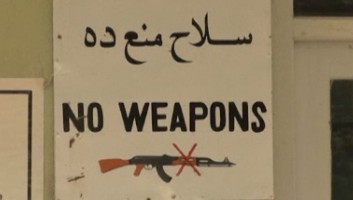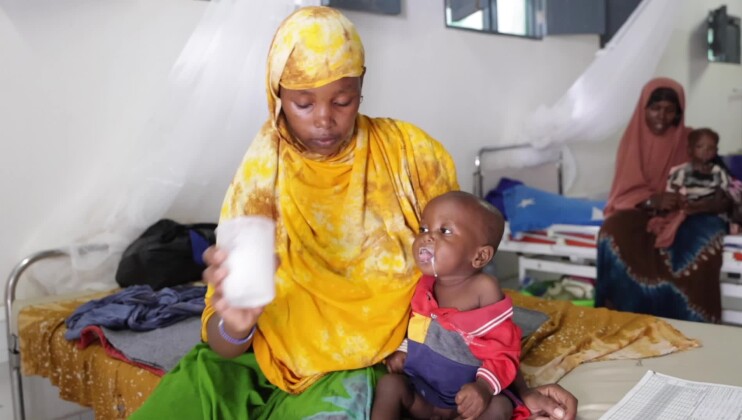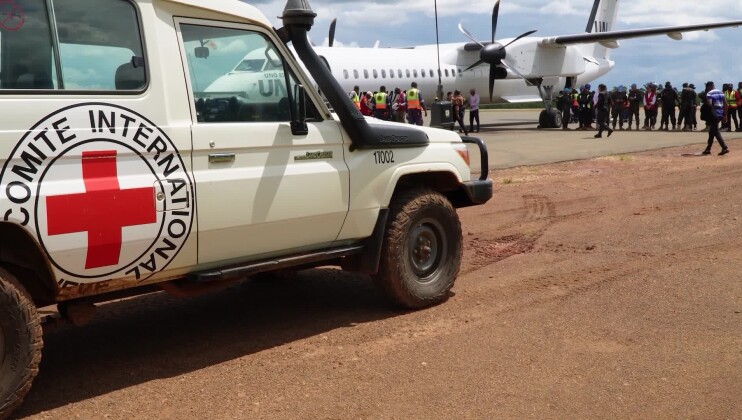Arms trade treaty: Agreement urgent as ever despite failure

This is a modal window.
After a full month of difficult negotiations between States at United Nations Headquarters in New York, delegates have not reached agreement to adopt a long-awaited and much needed Arms Trade Treaty.
The treaty, which would have needed to be adopted by consensus, would have provided an international framework and sent common standards for international transfers of conventional weapons. Not only does the draft treaty contain provisions regulating the export and the import of arms between States but it also includes provisions to prevent diversion of arms into the illicit market, which for decades has helped fuelled conflicts and destabilized entire regions.
Says Peter Herby, head of the International Committee of the Red Cross Arms Unit: "States must no longer transfer weapons if they are going to be used for war crimes or serious violations of human rights: this has been virtually the core of this treaty. So we believe that this process has established the norm and the expectation. What is needed now is to capture this in an internationally legally binding treaty and this has to be completed."
Due to many inconsistencies between national legislations or even a total absence of regulation in certain countries, arms circulate more easily around the world than bananas or dinosaur bones.
Every day, countless people die in armed violence fuelled by the poorly regulated international arms trade.
The ICRC is witness to the effects of inadequate control over transfers of conventional weapons. Tens of thousands of victims receive ICRC medical support every year. All too often, however, assistance for the sick and wounded is simply not available because humanitarian operations have been suspended or delayed owing to armed attacks and armed security threats.
Armed conflicts produce an even greater toll of indirect civilian deaths, as those affected by armed conflict are frequently displaced; subject to the destruction of social and economic infrastructure; and denied rights and access to healthcare, water, food and shelter; leading to rising malnutrition, starvation and otherwise preventable diseases.
In many contexts where weapons are widely available, civilians face similar risks of being wounded or killed in weapons-related violence after an armed conflict has ended as during it.



